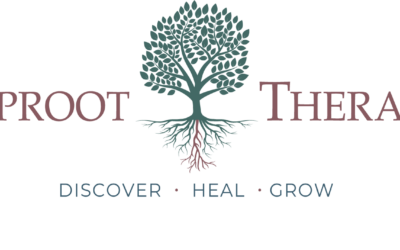Do I have ADHD?

Attention-deficit/hyperactivity disorder (ADHD) is a neurodevelopmental condition characterized by inattention, hyperactivity, and impulsivity. While often diagnosed in childhood, ADHD can persist into adulthood, affecting daily functioning and quality of life. This article explores the symptoms of ADHD and the available treatment options for managing the condition.
Symptoms of ADHD
- Inattention: Difficulty sustaining focus, following instructions, and completing tasks; easily distracted and forgetful.
- Hyperactivity: Restlessness, fidgeting, excessive talking, and difficulty sitting still.
- Impulsivity: Acting without thinking, interrupting others, and making hasty decisions.
It’s important to note that ADHD symptoms can vary in presentation and severity among individuals and may be influenced by factors such as age, gender, and co-occurring conditions.
Diagnosis and Assessment
- Comprehensive evaluation: A thorough assessment by a qualified mental health professional, including a review of medical and developmental history, observations, and standardized rating scales.
- Differential diagnosis: Ruling out other conditions that may mimic ADHD symptoms, such as anxiety disorders, learning disabilities, or sleep disorders.
- Consideration of co-occurring conditions: Evaluating the presence of other mental health conditions that may co-exist with ADHD, such as depression or oppositional defiant disorder.
Treatment Options for ADHD
- Medication: Stimulant medications, such as methylphenidate (Ritalin) or amphetamine (Adderall), are often prescribed to improve focus, reduce impulsivity, and manage hyperactivity.
- Behavioral therapy: Cognitive-behavioral therapy (CBT) and other behavioral interventions can help individuals with ADHD develop coping strategies, improve organizational skills, and manage impulsive behaviors.
- Parent training and education: For children with ADHD, parent training programs can equip caregivers with strategies to support their child’s development and manage challenging behaviors.
- Accommodations and support: Educational and workplace accommodations, such as extended time on tests or modified work environments, can help individuals with ADHD succeed in various settings.
When seeking treatment for ADHD, it’s essential to work closely with a mental health professional to develop a personalized treatment plan that addresses your unique needs and goals. A combination of medication, therapy, and lifestyle modifications is often the most effective approach to managing ADHD symptoms and improving overall functioning.
While ADHD can present challenges, it’s important to recognize that individuals with ADHD also possess unique strengths and talents. By understanding the condition, seeking appropriate support, and leveraging these strengths, individuals with ADHD can lead fulfilling and successful lives.
Types of Therapy





0 Comments